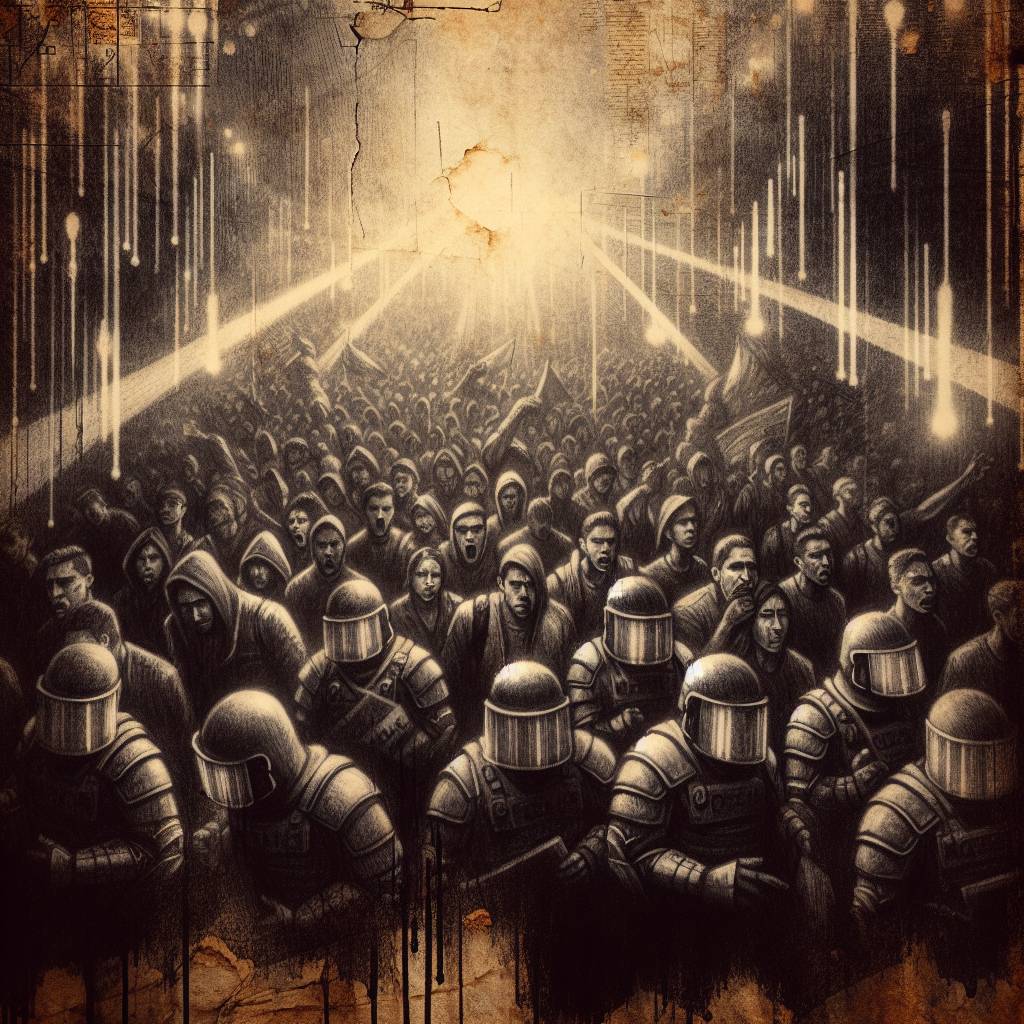El Salvador’s Pride March: Courage, Fear, and Digital Armor in the Face of Repression
As Steven Rodríguez marched with 20,000 others for LGBTIQ+ rights in El Salvador, fear replaced joy. Under President Nayib Bukele’s regime, digital security training and data encryption have become vital tools for activists facing escalating authoritarianism and statistical obscurity. The fight for justice now includes securely documenting these struggles.

Hot Take:
El Salvador’s Pride march may have ended without arrests, but the real parade is the government’s ongoing circus of suppression. With an authoritarian regime that seems to have a vendetta against rainbow flags, it’s like a bad sequel of “The Purge,” but with fewer masks and more legal loopholes. The LGBTIQ+ community isn’t just fighting for rights; they’re fighting for the right to not be a statistic on the government’s skewed crime report. Let’s just say, in El Salvador, the closet isn’t the only thing that’s dark and full of secrets.
Key Points:
- Steven Rodríguez traveled over 40 miles to attend a Pride march in El Salvador, amidst fears of government repression.
- The government, led by Nayib Bukele, has been accused of stifling LGBTIQ+ rights and pushing authoritarian policies.
- Digital security training has become essential for activists to safeguard against online threats and impersonation.
- Organizations are independently documenting hate crimes due to lack of government transparency.
- The Foreign Agents Law poses potential threats to dissenting voices by imposing financial and data control measures.
